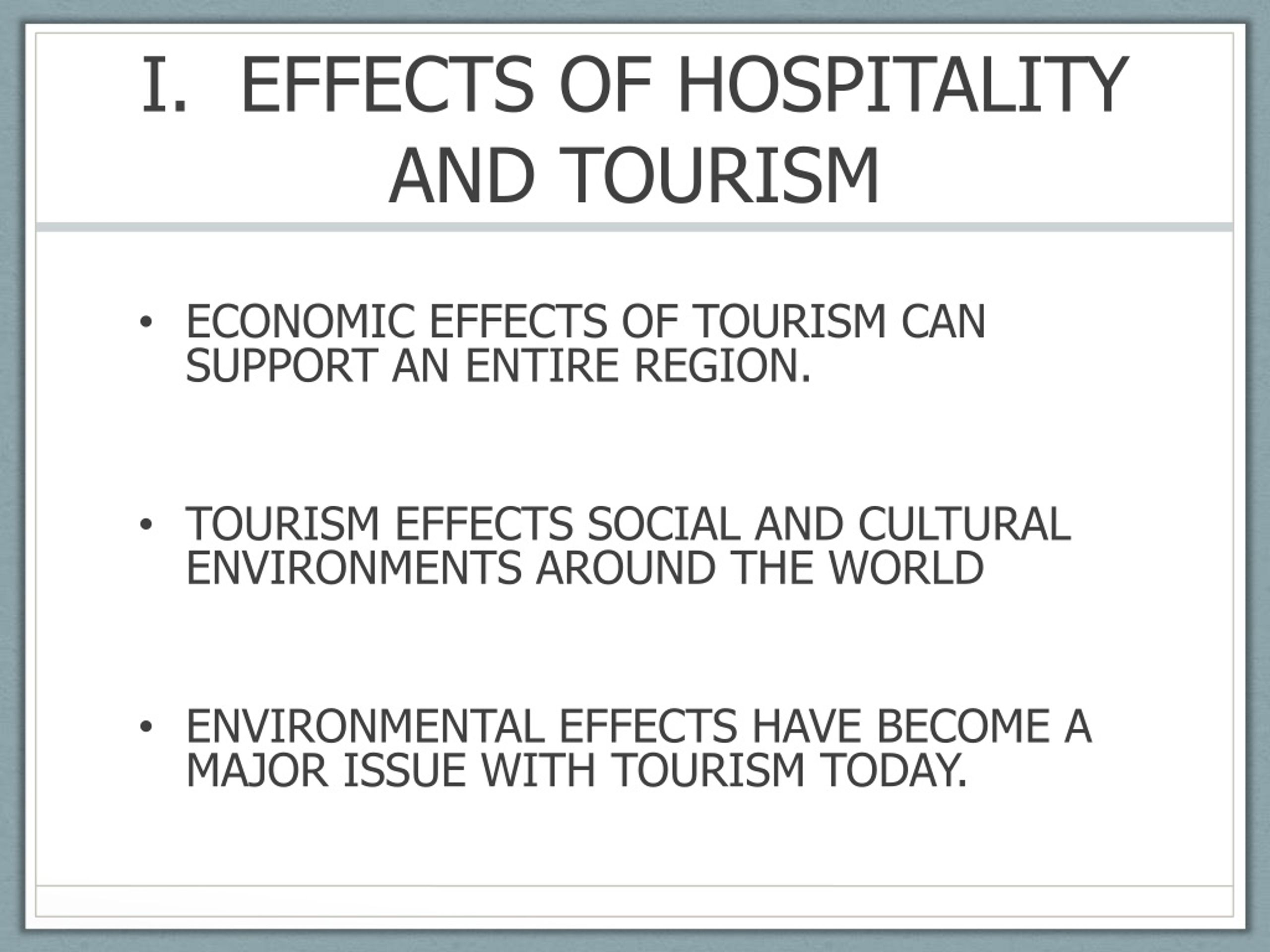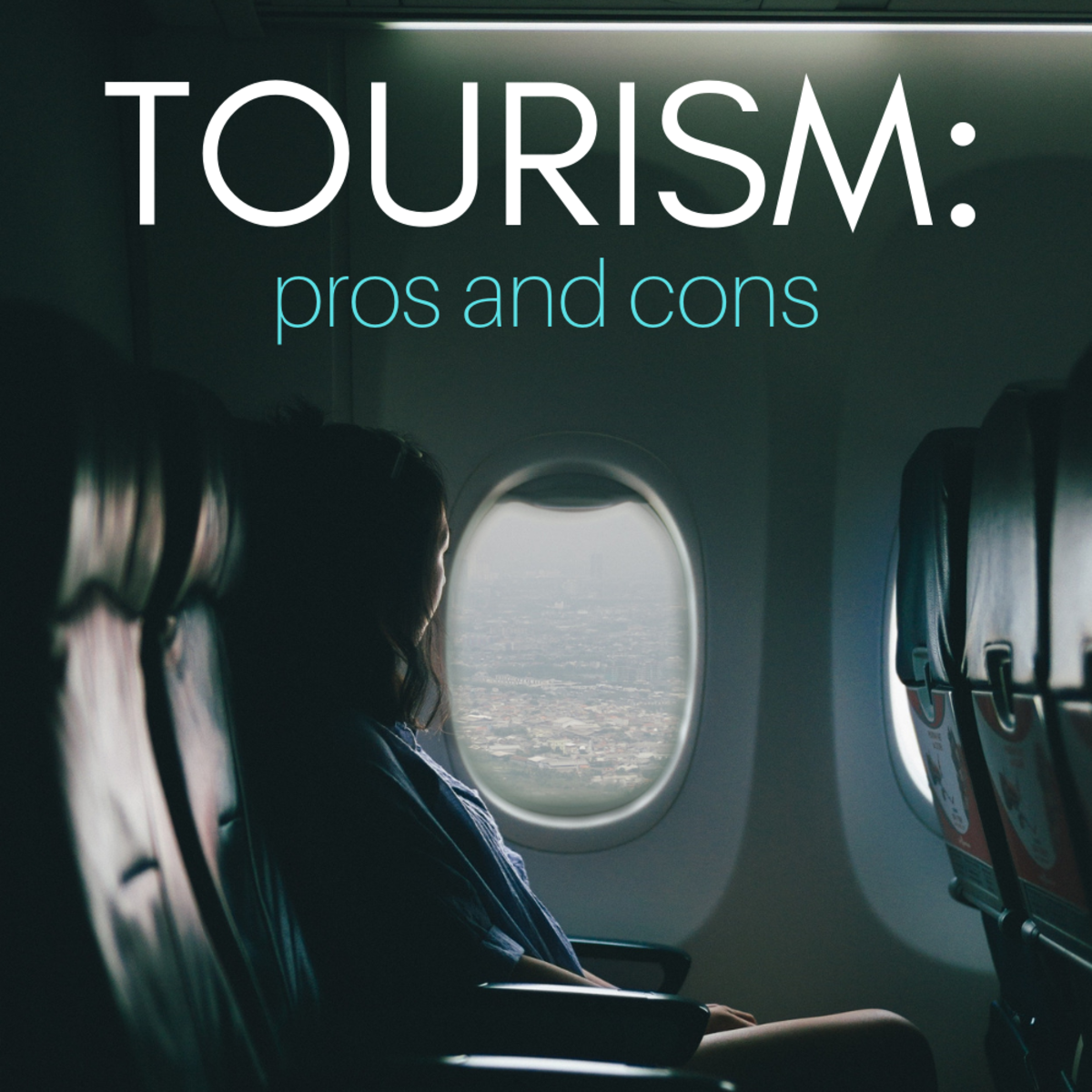The adverse effects of tourism, a topic often overlooked in the pursuit of economic gains, deserve critical examination. From environmental degradation to socio-cultural disruption, the consequences of unchecked tourism are far-reaching and profound.
Mass tourism, while offering economic benefits, can strain local resources, leading to habitat destruction, pollution, and overconsumption. Indigenous communities, in particular, face challenges in balancing tourism development with the preservation of their cultural heritage.
Environmental Impact: Adverse Effects Of Tourism
The burgeoning tourism industry has left an indelible mark on the environment, with far-reaching consequences for ecosystems, wildlife, and natural resources. Habitat destruction, pollution, and overconsumption are among the most pressing concerns, contributing to biodiversity loss, ecosystem degradation, and the exacerbation of climate change.
Habitat Destruction
- Tourism infrastructure, such as resorts, hotels, and transportation networks, encroaches upon natural habitats, fragmenting and destroying ecosystems.
- Deforestation to accommodate tourism-related development deprives wildlife of their homes and disrupts ecological processes.
- The construction of artificial attractions, such as theme parks and golf courses, further alters natural landscapes and displaces native species.
Pollution
- Tourists generate significant amounts of waste, including plastics, food scraps, and wastewater, which can pollute water bodies and soil.
- Air pollution from transportation and energy consumption associated with tourism contributes to respiratory problems and environmental degradation.
- Noise pollution from tourist activities, such as jet skis and off-road vehicles, can disturb wildlife and disrupt ecosystem dynamics.
Overconsumption
- Tourism often leads to overconsumption of resources, including water, energy, and food, straining local resources and exacerbating environmental stress.
- The demand for souvenirs and exotic goods can drive unsustainable harvesting practices, depleting natural resources and threatening biodiversity.
- Excessive tourism can also lead to overcrowding and degradation of natural attractions, diminishing their aesthetic and ecological value.
Climate Change
- Tourism contributes to greenhouse gas emissions through transportation, accommodation, and other activities.
- The burning of fossil fuels for air travel and other forms of transportation is a major source of carbon emissions.
- Tourism-related construction and deforestation also release significant amounts of carbon dioxide into the atmosphere.
Social and Cultural Impacts
Tourism can have significant social and cultural impacts on local communities and cultures. Mass tourism, in particular, can lead to overcrowding, displacement, and the loss of traditional practices.
Overcrowding
Overcrowding can occur when a large number of tourists visit a particular destination at the same time. This can lead to a range of problems, including:
- Increased traffic and congestion
- Pollution
- Noise
- Crime
- Increased cost of living for local residents
Displacement
Displacement occurs when local residents are forced to move from their homes or communities due to tourism development. This can happen for a variety of reasons, including:
- Rising property values
- Gentrification
- Evictions
Displacement can have a devastating impact on local communities, leading to social and economic problems.
Loss of Traditional Practices
Tourism can also lead to the loss of traditional practices and customs. This can happen when tourists adopt local customs and practices, or when local people change their behavior to cater to tourists.
Discover more by delving into Receive Makeup Every Month: A Guide to Subscription Boxes and Personalized Beauty further.
The loss of traditional practices can have a negative impact on local culture and identity.
Challenges for Indigenous Communities
Indigenous communities often face unique challenges in balancing tourism development with cultural preservation. This is because tourism can have a significant impact on their traditional lands, resources, and way of life.
Indigenous communities need to be involved in the planning and development of tourism projects to ensure that their interests are protected.
Economic Consequences
Tourism’s economic impact is not always positive. It can cause seasonal fluctuations in employment and revenue, making it difficult for businesses to plan and operate effectively. Additionally, tourism can lead to dependence on external markets, making local economies vulnerable to changes in consumer demand.
Browse the multiple elements of Vegetarian Diet List: A Comprehensive Guide to Plant-Based Nutrition to gain a more broad understanding.
Job Displacement and Inflation
Tourism can lead to job displacement in local communities, as businesses shift their focus to serving tourists rather than local residents. This can lead to unemployment and a decline in living standards. Additionally, tourism can lead to inflation, as the increased demand for goods and services drives up prices.
Notice Boxes That Come Monthly: A Comprehensive Guide to the Subscription Box Phenomenon for recommendations and other broad suggestions.
Income Inequality and Unsustainable Development, Adverse effects of tourism
Tourism can also contribute to income inequality, as the benefits of tourism often flow disproportionately to large businesses and foreign investors. This can lead to resentment and social unrest. Additionally, tourism can lead to unsustainable development, as the increased demand for resources and infrastructure can put a strain on local ecosystems.
Health and Safety Concerns
Tourism, while offering numerous benefits, can also pose potential health and safety risks to visitors. These risks encompass both physical well-being and personal security.
Find out further about the benefits of Largest Subscription Box Companies: Market Overview and Key Players that can provide significant benefits.
Health Risks
Health risks associated with tourism primarily stem from exposure to unfamiliar environments and increased contact with people. Tourists may encounter:
- Spread of Diseases:Travel can facilitate the transmission of infectious diseases, particularly in regions with poor sanitation or limited healthcare access. Tourists can contract illnesses such as malaria, dengue fever, and gastrointestinal infections.
- Environmental Hazards:Outdoor activities, such as hiking or swimming, can expose tourists to environmental hazards like extreme weather conditions, animal encounters, and waterborne pathogens.
Safety Concerns
Safety concerns for tourists include:
- Crime:Tourists may be targeted for petty theft, muggings, or more serious crimes in certain destinations. Factors like language barriers, unfamiliar surroundings, and a lack of local knowledge can increase vulnerability.
- Accidents:Adventure activities, such as bungee jumping or scuba diving, carry inherent risks. Poorly maintained equipment or inadequate safety precautions can lead to accidents.
- Natural Disasters:Tourists traveling to disaster-prone areas may face risks associated with earthquakes, hurricanes, or floods. Lack of preparedness or timely evacuation can compromise safety.
To mitigate these risks, tourists should take necessary precautions, such as researching destinations, obtaining travel insurance, following safety guidelines, and staying informed about local conditions. Governments and tourism operators have a responsibility to implement measures that enhance health and safety for visitors.
Ethical Considerations
Tourism presents ethical dilemmas that demand careful consideration. The exploitation of local resources, commodification of cultures, and the responsibilities of tourists and tourism operators raise concerns about the sustainability and ethics of the industry.
Responsibilities of Tourists
- Respect local customs and traditions.
- Minimize environmental impact through responsible consumption.
- Support local businesses and initiatives.
- Educate themselves about the destination and its people.
Responsibilities of Tourism Operators
- Promote sustainable practices and minimize environmental impact.
- Respect local cultures and avoid exploitation.
- Provide fair wages and working conditions for employees.
- Engage with local communities and involve them in decision-making.
Best Practices
- Implement eco-friendly measures in accommodations and transportation.
- Support conservation efforts and protect natural habitats.
- Offer cultural immersion experiences that respect local customs.
- Educate tourists about responsible tourism practices.
Wrap-Up
Balancing the benefits of tourism with its potential drawbacks requires a multifaceted approach. Sustainable practices, ethical considerations, and responsible behavior from both tourists and operators are crucial. By addressing the adverse effects of tourism, we can create a more equitable and sustainable model for the future of travel.
Q&A
What are the primary environmental concerns associated with tourism?
Habitat destruction, pollution, and overconsumption are among the key environmental concerns stemming from tourism.
How does tourism impact local communities and cultures?
Mass tourism can lead to overcrowding, displacement, and the loss of traditional practices, disrupting the social fabric of local communities.
What are the ethical dilemmas posed by tourism?
Tourism can raise ethical concerns related to the exploitation of local resources, the commodification of cultures, and the responsibilities of tourists and operators in promoting sustainable practices.




